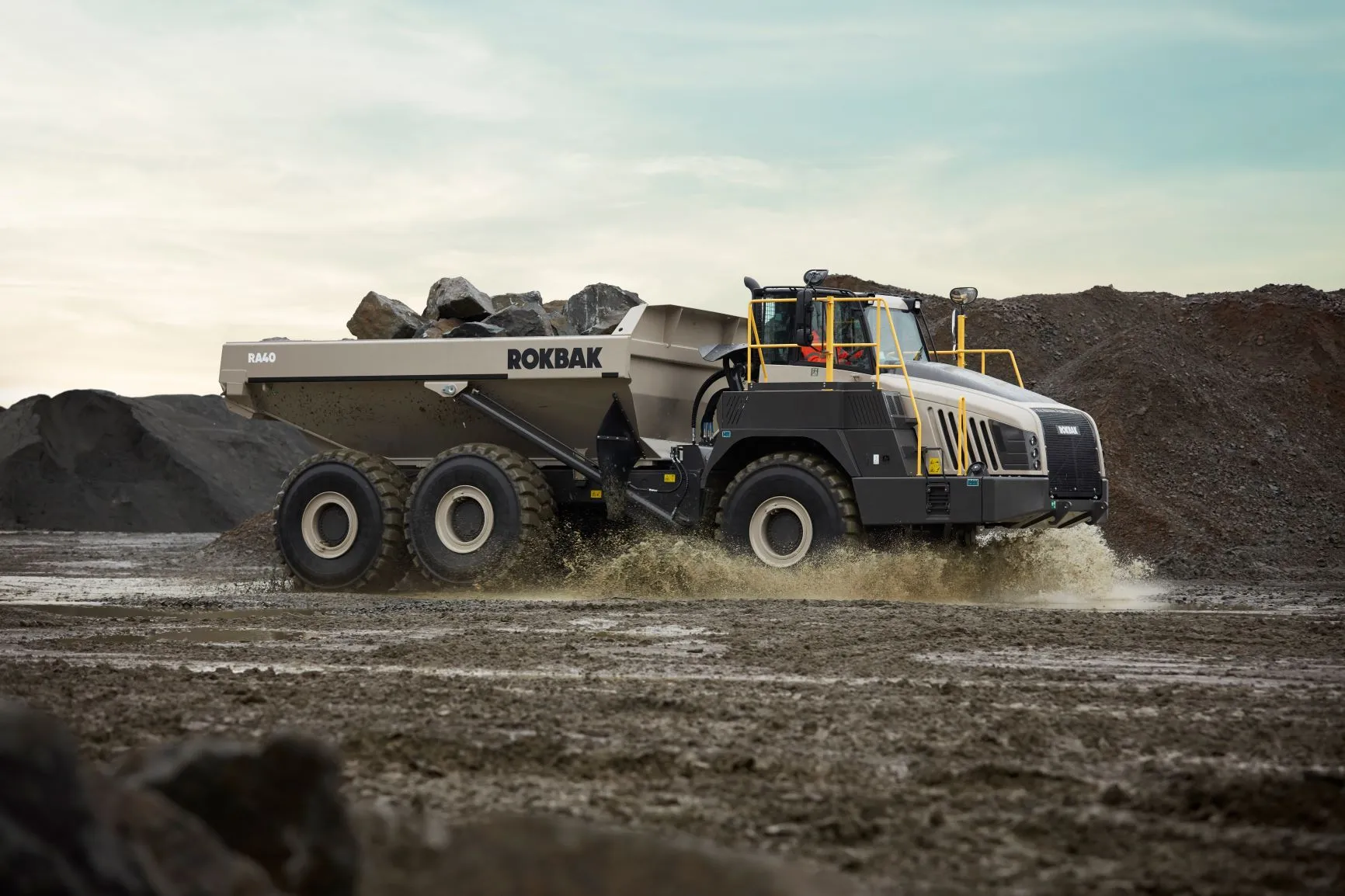VW has finally stopped production of its famous Kombi bus in Brazil. Production started at the Brazilian factory at Anchieta in 1957 but the vehicle no longer meets South American requirements for passenger safety. New laws require it to feature airbags and ABS braking but these cannot be fitted to such an old design and instead, VW has opted to stop production at last. In Europe the VW Kombi bus is sought after by collectors and good examples can attract high prices. But in Brazil the vehicle remains relat
May 14, 2014
Read time: 2 mins
VW has finally stopped production of its famous Kombi bus in Brazil. Production started at the Brazilian factory at Anchieta in 1957 but the vehicle no longer meets South American requirements for passenger safety. New laws require it to feature airbags and ABS braking but these cannot be fitted to such an old design and instead, VW has opted to stop production at last. In Europe the VW Kombi bus is sought after by collectors and good examples can attract high prices. But in Brazil the vehicle remains relatively common, although this now looks set to change as production halts. The original VW Kombi bus design was launched in 1949, with the first split windscreen model then being replaced by the curved screen model now finally going out of production. The air-cooled engine grew in capacity and in more recent times was replaced by a liquid-cooled engine. The Kombi bus has set a record for the longest production run of any vehicle, while some 3.5 million have been built, 1.5 million having been assembled in the Brazilian factory.








